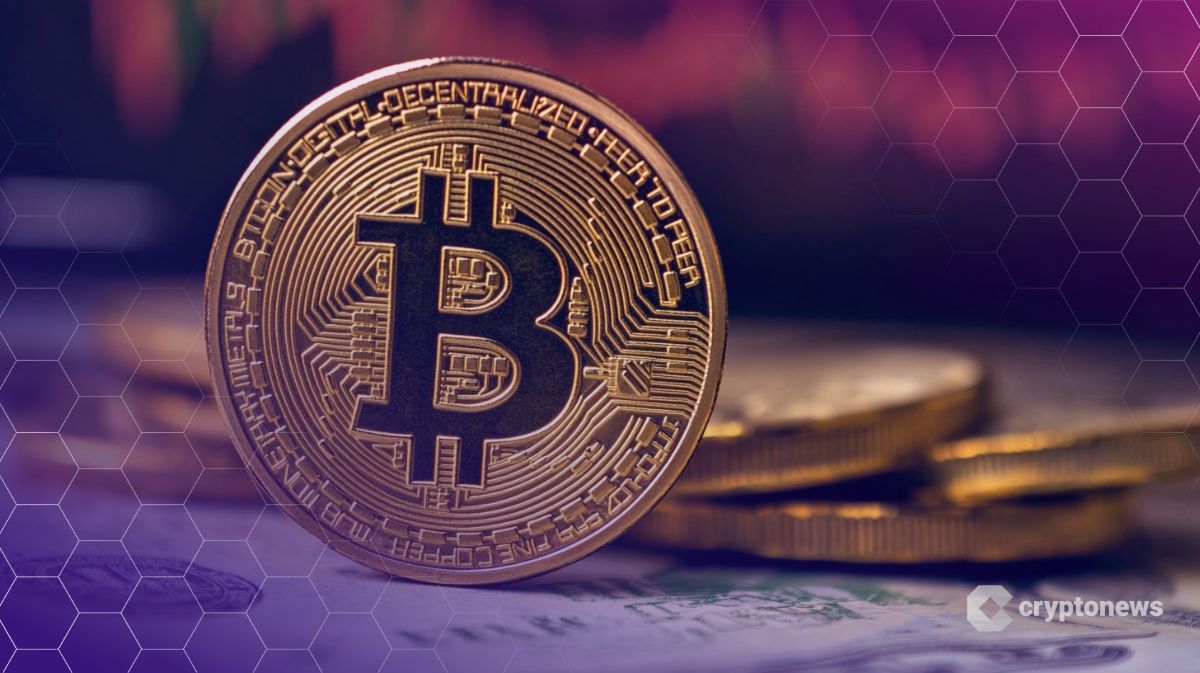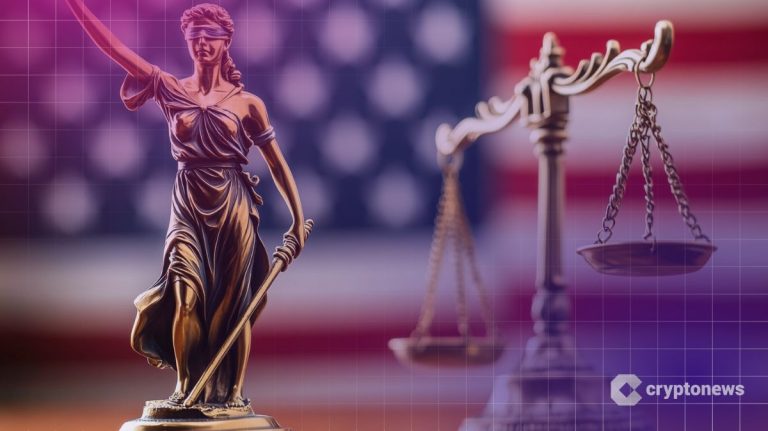Last updated:
 Why Trust Cryptonews
Why Trust Cryptonews

The Illinois Senate has passed a groundbreaking piece of legislation aimed at regulating digital asset activities and curbing crypto-related fraud.
The bill, known as the Digital Assets and Consumer Protection Act (SB1797), introduces one of the most comprehensive frameworks in the United States for digital asset businesses.
Illinois aims to not only protect consumers by delineating oversight responsibilities and imposing stringent operational, cybersecurity, and disclosure requirements.
SB1797 also empowers the Illinois Department of Financial and Professional Regulation (IDFPR) as the key regulatory authority overseeing digital asset activity.
The bill applies to all individuals and entities conducting digital asset business with or on behalf of Illinois residents unless otherwise exempted by federal law or specific provisions of the Act.
Strengthening Consumer Protections and Market Trust
SB1797 introduces an extensive array of consumer protection mechanisms designed to increase transparency and accountability in digital asset transactions.
Before any transaction is initiated, covered entities are required to provide comprehensive, clear, and conspicuous disclosures to Illinois residents.
These disclosures must include details on fees, transfer irreversibility, insurance or lack thereof, liability for unauthorized transactions, rights related to error resolution, and important information on service outages and transaction timing discrepancies.
The bill also mandates that digital asset service providers deliver transaction confirmations, either individually or through daily summaries, with specific details such as transaction type, value, time, and associated fees.
Exchanges are additionally required to disclose their conflict of interest policies and conduct risk assessments that include analysis of cybersecurity threats, potential code defects, and market volatility.
Notably, exchanges must certify their compliance to the Department unless the digital asset has already received approval by the New York Department of Financial Services.
In regards to asset custody, the Act enforces segregation between customer funds and company holdings.
Covered persons must not use client assets without explicit authorization, and digital assets held for clients cannot be claimed by the company’s creditors.
Furthermore, a toll-free hotline and live customer support system are mandated, alongside procedures for dispute resolution and unauthorized transaction reporting.
The Department is also authorized to develop rules enhancing these protections and ensuring that customer assets are not only held securely but are transparently managed.
Rigorous Oversight, Registration, and Enforcement Framework
Illinois’s approach to regulating digital asset activity goes far beyond surface-level compliance.
SB1797 establishes a robust framework for the registration, supervision, and potential enforcement against bad actors in the space.
All individuals and entities engaging in digital asset business activity must be registered with the IDFPR unless explicitly exempted.
Applications must include comprehensive background and financial information, including audited financial statements for high-revenue applicants, insurance coverage, legal and disciplinary history, and risk management plans.
Applicants are required to pay a non-refundable registration fee of $5,000 or an amount deemed necessary by the Department to cover the cost of application review.
Registrations must be renewed annually, and failure to comply with renewal requirements can trigger enforcement actions.
Notably, registrations are non-transferable, ensuring that accountability remains tied to specific entities.
To ensure financial resilience and operational integrity, registrants are obligated to maintain a surety bond or trust account, as well as minimum capital and liquidity thresholds based on risk assessments.
The IDFPR is granted sweeping investigative powers under Article 20 of the Act. It can examine books, records, and facilities of registrants without prior notice and compel the production of documents and testimony.
In sum, SB1797 represents a decisive move by Illinois to bring the crypto business out of the shadows and under regulatory scrutiny.
This particularly came at a time when the state is changing its earlier strict approach to crypto regulation following the victory of the current administration, as evident by the recent lawsuit dropped against Coinbase.



